How to Choose the Right Website Platform for Your Small Business
Choosing the right website platform is one of the most critical decisions for any small business. A website serves as your digital storefront, enabling you to reach potential customers, showcase your offerings, and establish credibility. However, with numerous website platforms available, selecting the best one can be challenging. This guide will walk you through the key factors to consider and compare the top website builders to help you make an informed decision. For more on web platforms click or tap HERE
Key Factors to Consider When Choosing a Website Platform
- Ease of Use
If you lack technical expertise, you’ll want a platform with an intuitive drag-and-drop interface that allows you to build a website without coding knowledge. Some platforms offer beginner-friendly solutions, while others require web development experience.
- Customization and Flexibility
Your business needs a platform that allows you to customize the design, layout, and functionality to match your branding. Consider whether the platform supports third-party integrations, custom plugins, and advanced design tools.
- Cost and Pricing Plans
Budget is a crucial factor for small businesses. Website platforms range from free options to premium plans with additional features. Consider the initial cost, ongoing maintenance fees, and any hidden expenses related to hosting, domain registration, or add-ons.
- SEO and Marketing Tools
Search engine optimization (SEO) is vital for driving traffic to your website. Look for a platform that provides SEO-friendly features, such as customizable URLs, meta descriptions, and mobile optimization. Built-in marketing tools, such as email marketing, social media integration, and analytics, are also beneficial.
- E-commerce Capabilities
If you plan to sell products or services online, choose a platform with robust e-commerce features, including product management, secure payment processing, and inventory tracking.
- Mobile Responsiveness
With a significant number of users accessing websites from mobile devices, ensure that your chosen platform provides mobile-friendly designs and responsive templates.
- Security and Reliability
Cybersecurity is a priority for any business website. Ensure the platform offers SSL certificates, secure hosting, and protection against cyber threats.
- Customer Support and Resources
Reliable customer support is essential, especially if you encounter technical difficulties. Check whether the platform offers 24/7 support, community forums, and knowledge base resources.
Comparison of Popular Website Platforms
- Joomla.org (Choice of 95% of My Clients)

- Pros: Highly customizable, thousands of themes and plugins, strong SEO capabilities, scalable.
- Cons: None that I can think of.
- Best For: Businesses looking for a flexible and scalable solution.
- WordPress.org (Self-Hosted WordPress)

- Pros: Highly customizable, thousands of themes and plugins, strong SEO capabilities, scalable.
- Cons: Requires web hosting and domain setup, has a steeper learning curve.
- Best For: Businesses looking for a flexible and scalable solution.
- Wix

- Pros: User-friendly drag-and-drop editor, all-in-one hosting, good design flexibility.
- Cons: Limited scalability, not as SEO-friendly as WordPress.
- Best For: Beginners and small businesses needing an easy-to-use platform.
- Shopify

- Pros: Excellent for e-commerce, built-in payment processing, inventory management.
- Cons: Monthly fees can be high, transaction fees for external payment gateways.
- Best For: Businesses focused on online sales.
- Squarespace

- Pros: Beautiful templates, integrated e-commerce, mobile optimization.
- Cons: Limited third-party integrations, less customizable than WordPress.
- Best For: Creative businesses and service providers who want aesthetically pleasing designs.
- Weebly

- Pros: Easy to use, affordable pricing, built-in e-commerce features.
- Cons: Less flexibility and customization than competitors.
- Best For: Small businesses that need a simple website quickly.
Additional Considerations for Small Business Owners
- Scalability and Future Growth
Your business may grow over time, so it's important to choose a website platform that can scale with your needs. Some platforms, like WordPress and Shopify, allow for greater flexibility as your business expands, offering additional plugins, themes, and integrations that cater to a growing audience.
- Integration with Business Tools
A good website platform should seamlessly integrate with other business tools such as CRM software, email marketing services, social media platforms, and payment gateways. These integrations can streamline business operations and enhance customer engagement.
- Speed and Performance
Website speed is crucial for both user experience and SEO. Platforms with optimized hosting solutions, caching capabilities, and image compression tools can significantly impact your site's loading speed and overall performance.
- Multilingual and Global Reach
If you plan to cater to an international audience, ensure that the platform supports multiple languages and regional settings. Platforms like WordPress offer multilingual plugins, while Shopify allows for region-specific storefronts.
Step-by-Step Guide to Selecting a Website Platform
Step 1: Define Your Website Goals
- Do you need a simple informational website or an e-commerce store?
- Will you require advanced features like booking systems or membership areas?
- Do you need frequent content updates or blogging functionality?
Step 2: Set a Budget
- Determine how much you are willing to invest in your website platform.
- Consider the long-term costs of premium themes, plugins, and additional services.
Step 3: Test Different Platforms
- Many website platforms offer free trials—use these to explore their interfaces and features.
- Check user reviews and testimonials to understand potential drawbacks.
Step 4: Check for Customer Support Options
- Opt for platforms with reliable customer service, especially if you are new to website management.
- Look for resources such as video tutorials, documentation, and user communities.
Step 5: Finalize and Launch
- Once you’ve selected the right platform, customize it to fit your brand.
- Optimize for SEO, speed, and mobile responsiveness before launching.
Making the Final Decision
To choose the right platform, consider your business needs, budget, and technical expertise. It is my hope that you will choose us as your developer and webmaster using the Joomla platform. If you need complete control and customization, Joomla.org or WordPress is the best choice. If you prefer an all-in-one solution with an intuitive interface, Wix or Squarespace may be ideal. For e-commerce, Shopify is the top pick, while Weebly is great for small, simple sites.
Wrap Up
Your website platform plays a crucial role in your business’s online success. By evaluating your needs and comparing different platforms, you can find the right solution that aligns with your goals. Take advantage of free trials and demos to test platforms before making a commitment. Investing in the right website builder will set your business up for growth and long-term success. We will be glad to answer any questions you may have, just click or tap HERE.

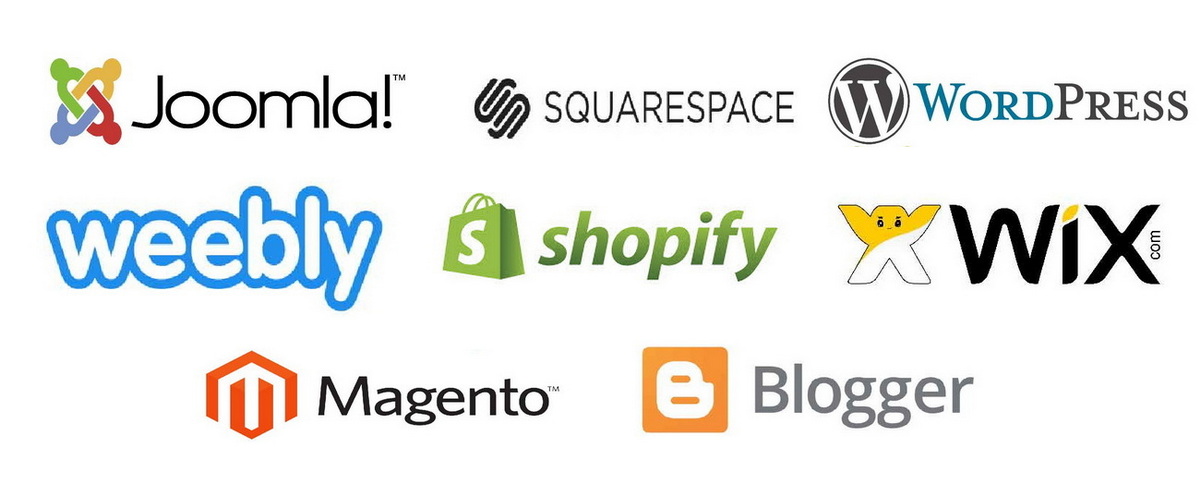
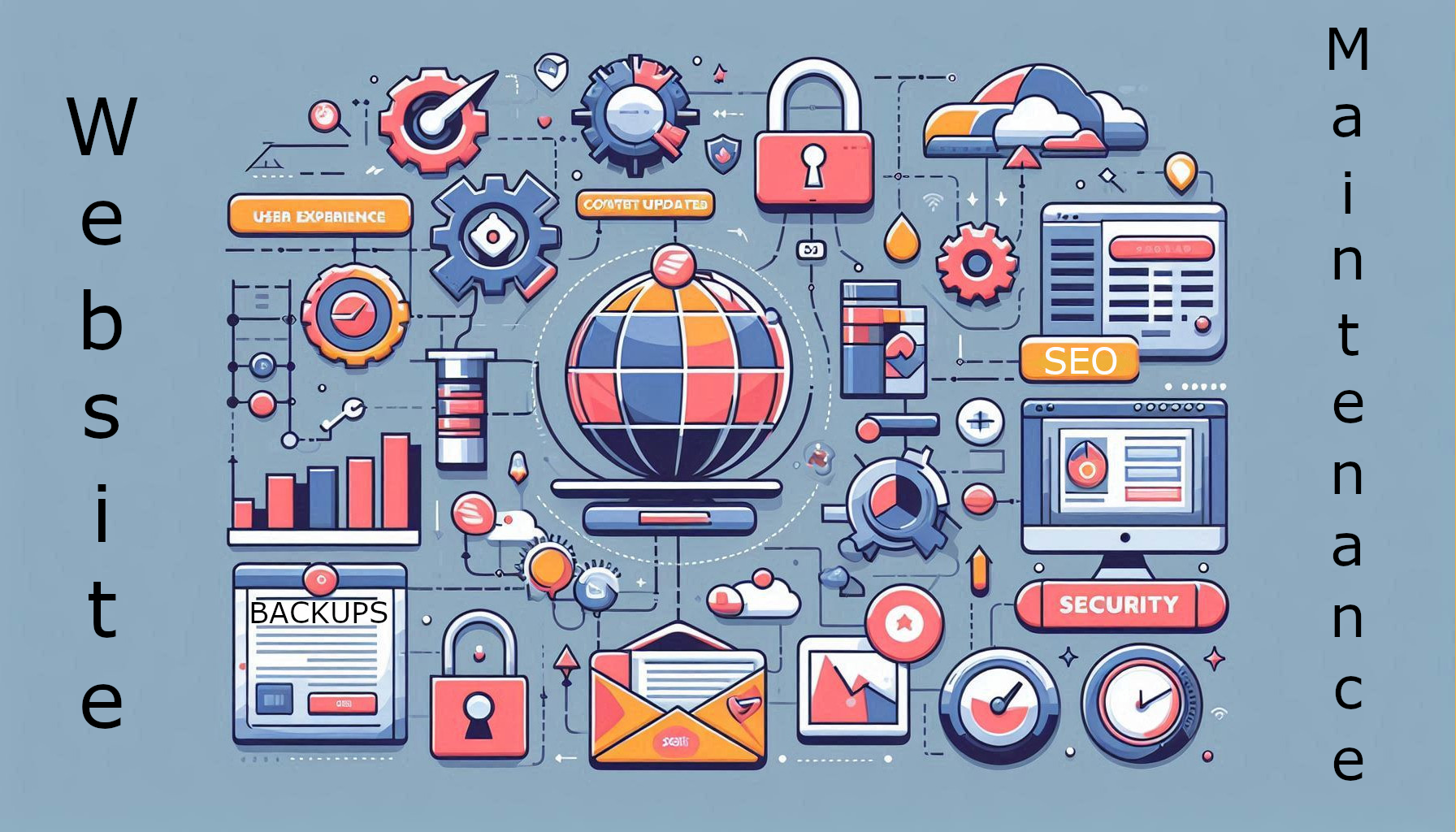
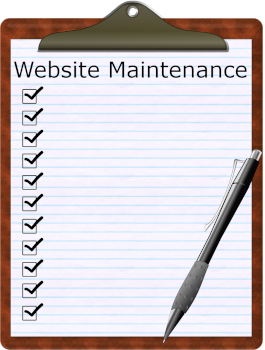 Regular website maintenance is essential for security, performance, SEO, user experience, and overall brand credibility. In today's digital landscape, your website is often the first interaction potential customers have with your business. Just as you wouldn’t neglect the upkeep of a physical store, you shouldn’t overlook the maintenance of your online presence. Here’s why website maintenance should be a top priority for every business. See
Regular website maintenance is essential for security, performance, SEO, user experience, and overall brand credibility. In today's digital landscape, your website is often the first interaction potential customers have with your business. Just as you wouldn’t neglect the upkeep of a physical store, you shouldn’t overlook the maintenance of your online presence. Here’s why website maintenance should be a top priority for every business. See 
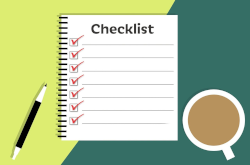 Choosing the right website design company in today's digital landscape, your website is often the first point of contact between your business and potential customers ensures that your online presence is effective, engaging, and aligned with your business goals. It’s not just a digital brochure; it’s a platform where customers can interact with your brand, learn about your products or services, and make purchasing decisions. But what should you expect from your website design company? Here are the ten essential things you should demand to ensure you get the most value from your investment. Get more info
Choosing the right website design company in today's digital landscape, your website is often the first point of contact between your business and potential customers ensures that your online presence is effective, engaging, and aligned with your business goals. It’s not just a digital brochure; it’s a platform where customers can interact with your brand, learn about your products or services, and make purchasing decisions. But what should you expect from your website design company? Here are the ten essential things you should demand to ensure you get the most value from your investment. Get more info 

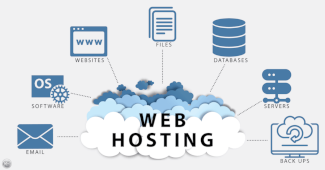 Website hosting is a crucial aspect of establishing and maintaining an online presence. Whether you’re launching a personal blog, a business website, or an e-commerce platform, choosing the right hosting service is key to ensuring your site’s performance, security, and accessibility. In this article, we’ll explore what website hosting is, the different types available, and how to choose the best option for your needs.
Website hosting is a crucial aspect of establishing and maintaining an online presence. Whether you’re launching a personal blog, a business website, or an e-commerce platform, choosing the right hosting service is key to ensuring your site’s performance, security, and accessibility. In this article, we’ll explore what website hosting is, the different types available, and how to choose the best option for your needs.
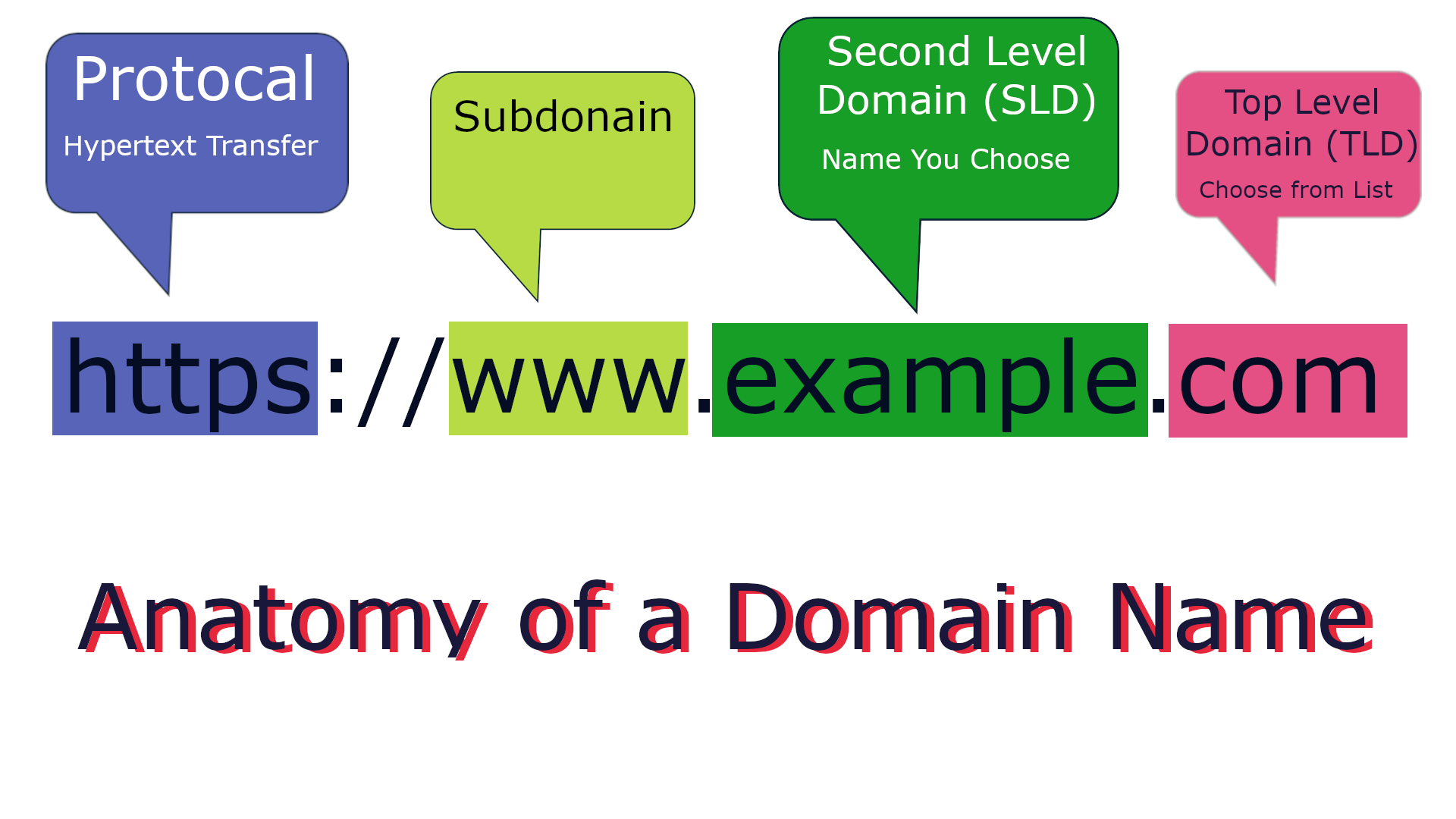
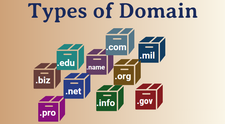 In the ever-evolving digital landscape, a domain name serves as the cornerstone of your online identity. It’s more than just an address where visitors can find your website; it’s a powerful branding tool that can significantly impact your business’s success. Whether you’re launching a new website or rebranding an existing one, understanding the nuances of domain names is essential. Learn more
In the ever-evolving digital landscape, a domain name serves as the cornerstone of your online identity. It’s more than just an address where visitors can find your website; it’s a powerful branding tool that can significantly impact your business’s success. Whether you’re launching a new website or rebranding an existing one, understanding the nuances of domain names is essential. Learn more 